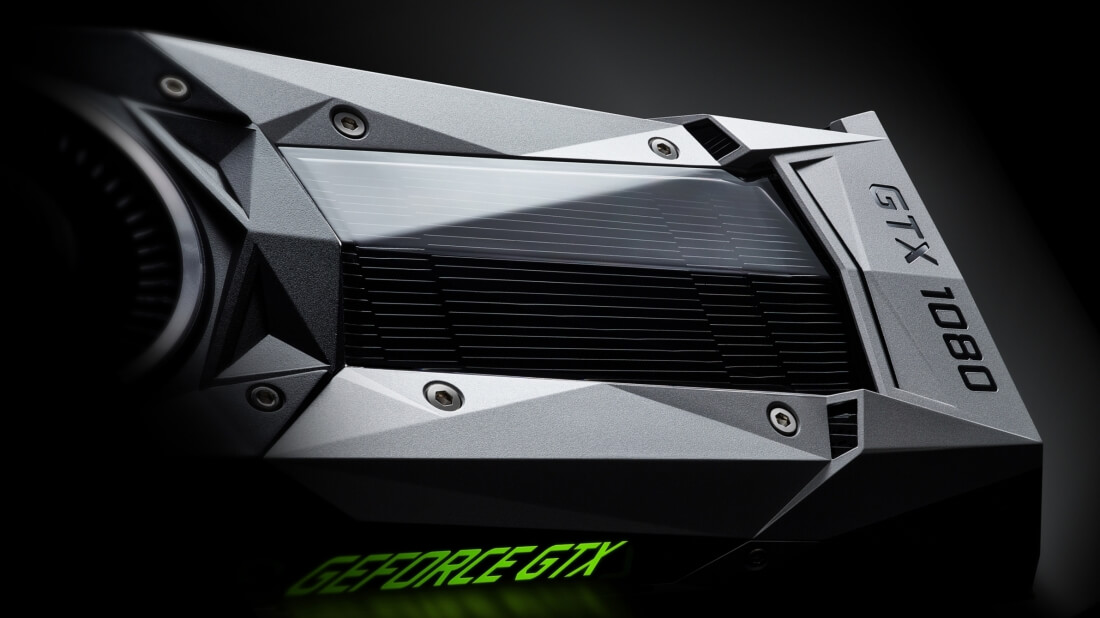#ThrowbackThursday With the venerable GeForce GTX 980 having celebrated its third birthday, in the world of GPUs that puts it squarely over the hill. Even the GTX 1080 is over a year old already, however the performance bump in this last generation was very significant. From the GTX 480 to the GTX 1080, how much faster are today's GPUs?
https://www.techspot.com/article/1191-nvidia-geforce-six-generations-tested/
